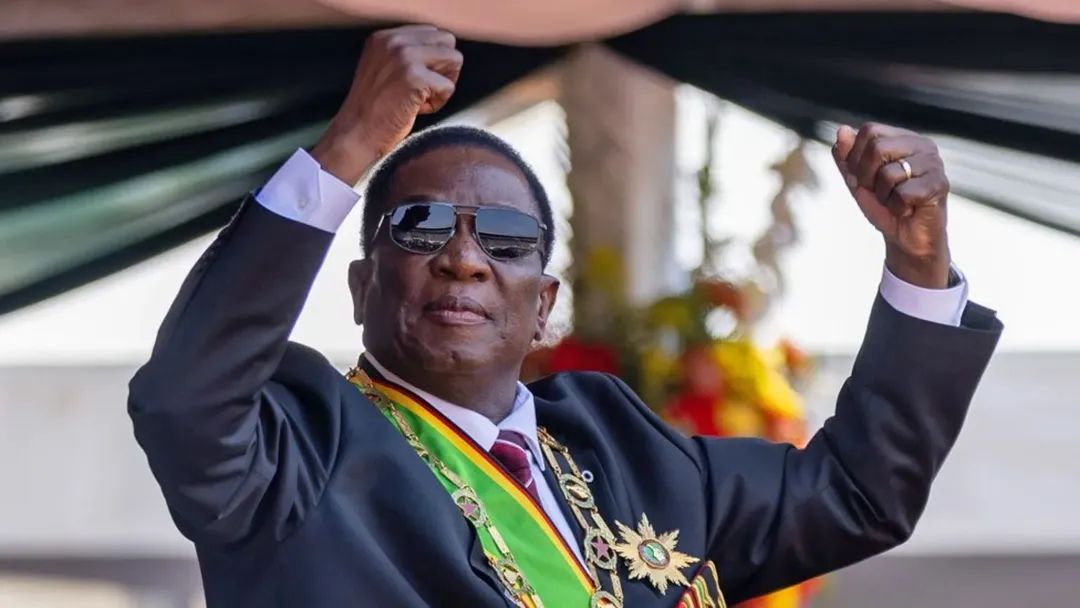By Burnett Munthali
In Malawi, the roles and responsibilities of the Malawi Police Service (MPS) in handling criminal cases are governed by the Police Act, which gives law enforcement the authority to investigate, arrest, and prosecute individuals suspected of criminal offenses under the Penal Code. This process, however, must be executed within clear legal boundaries to uphold the rights and freedoms of individuals, as outlined in Malawi’s Constitution.
Sean Mateus recently provided an analysis of the MPS’s mandate under Section 4 of the Police Act. Here’s a breakdown of the steps typically involved:
- Investigation
Investigations are foundational to criminal proceedings, as they enable law enforcement to gather credible evidence. Under Section 4 of the Police Act, the MPS is empowered to investigate any individual suspected of committing a crime. This investigative phase is essential to establishing whether an offense has been committed and, if so, determining who might be culpable. Arrests without concrete evidence compromise justice and the credibility of law enforcement.
- Arrest
When the police have sufficient evidence, they may proceed with an arrest as authorized under Sections 4 and 34(3)(d) of the Police Act. However, this power is limited by the requirement for “reasonable belief.” Simply put, the police cannot arrest someone on suspicion alone; there must be adequate grounds to suggest that the individual committed a crime. Without this, any detention is considered unlawful and may constitute false imprisonment.
- Appearance before a court
Following an arrest, the Constitution mandates that the accused be brought before a court within 48 hours. The Malawi Constitution, under Section 42(2)(b), enshrines this right to prevent extended detention without trial. If the police cannot meet this deadline, they are legally required to release the accused. This procedural safeguard ensures that law enforcement remains accountable and respects the accused’s right to liberty.
- Notification of charges
Between arrest and court appearance, the police must inform the accused of the reasons for their detention, as per Section 41(1) of the Constitution. This step involves presenting a formal charge sheet, which outlines the offenses the individual is accused of. Transparency in this process allows the accused to understand the allegations and prepare an adequate defense.
- Plea taking
The accused must respond to the charges in court. A plea is essentially the individual’s formal response to the accusations. If they plead guilty, the court proceeds to sentencing. If they plead not guilty, the case moves to trial, where the burden of proof lies on the prosecution.
- Mateus’s critique of the process
Sean Mateus raises a crucial issue: if the State were confident in its case against a suspect — in his example, the “Queen Mother” — they would have presented the charges promptly. Instead, prolonged delays and the scheduling of arrests close to weekends suggest a misuse of legal authority for political purposes. These actions not only strain the police’s resources and reputation but also appear to undermine the MPS’s credibility and the principles of justice.
Final thoughts
This analysis serves as a critical reminder of the importance of maintaining objectivity and due process in Malawi’s criminal justice system. The police are tasked not only with enforcing the law but also with safeguarding the rights of all citizens, including those suspected of crimes. Mateus’s insights highlight the need for the MPS to focus on building strong, evidence-backed cases and to avoid actions that could be perceived as politically motivated or as punitive detentions. Upholding transparency, accountability, and integrity within the justice system remains vital for maintaining public trust and ensuring fair treatment for all.




